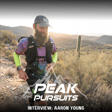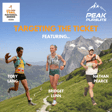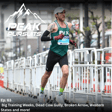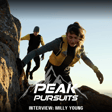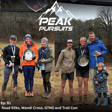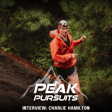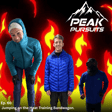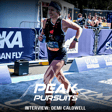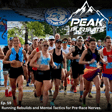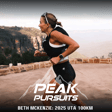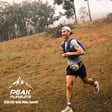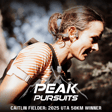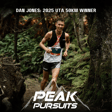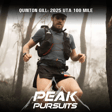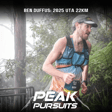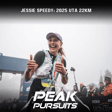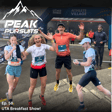
Episode 42: Meet Paige Penrose, Double vs Single Run Days, SingleTrack Trail Team
Welcome to Episode 42 of Peak Pursuits, your ultimate podcast for everything trail running in Australia. This week’s episode is hosted by Sim Brick, Jess Jason, and guest host Paige Penrose! Listen in to hear about Paige’s unique start in trail running running and her time in NCAA, followed by updates from Sim and Jess, listener questions about double vs single run days and poles, and lastly some big news dropping from SingleTrack Events with the formation of a new Trail Team!
SingleTrack Announcement/Applications: https://singletrack.com.au/trail-team/
***Don’t forget, use code PPP at https://bix-hydration.myshopify.com/en-au for 20% off Bix products, exclusive to PPP listeners!***
Thanks for tuning in to Peak Pursuits! Connect with us on Instagram @peakpursuits.pod to share your thoughts, questions, and your own trail stories. Until next time, keep hitting the trails and chasing those peak pursuits!
Sim: @theflyingbrick_
Jess: @jessjason
Paige: @paigepenrose_
Music from #Uppbeat (free for Creators!):https://uppbeat.io/t/mood-maze/trendsetter
License code: K08PMQ3RATCE215R
